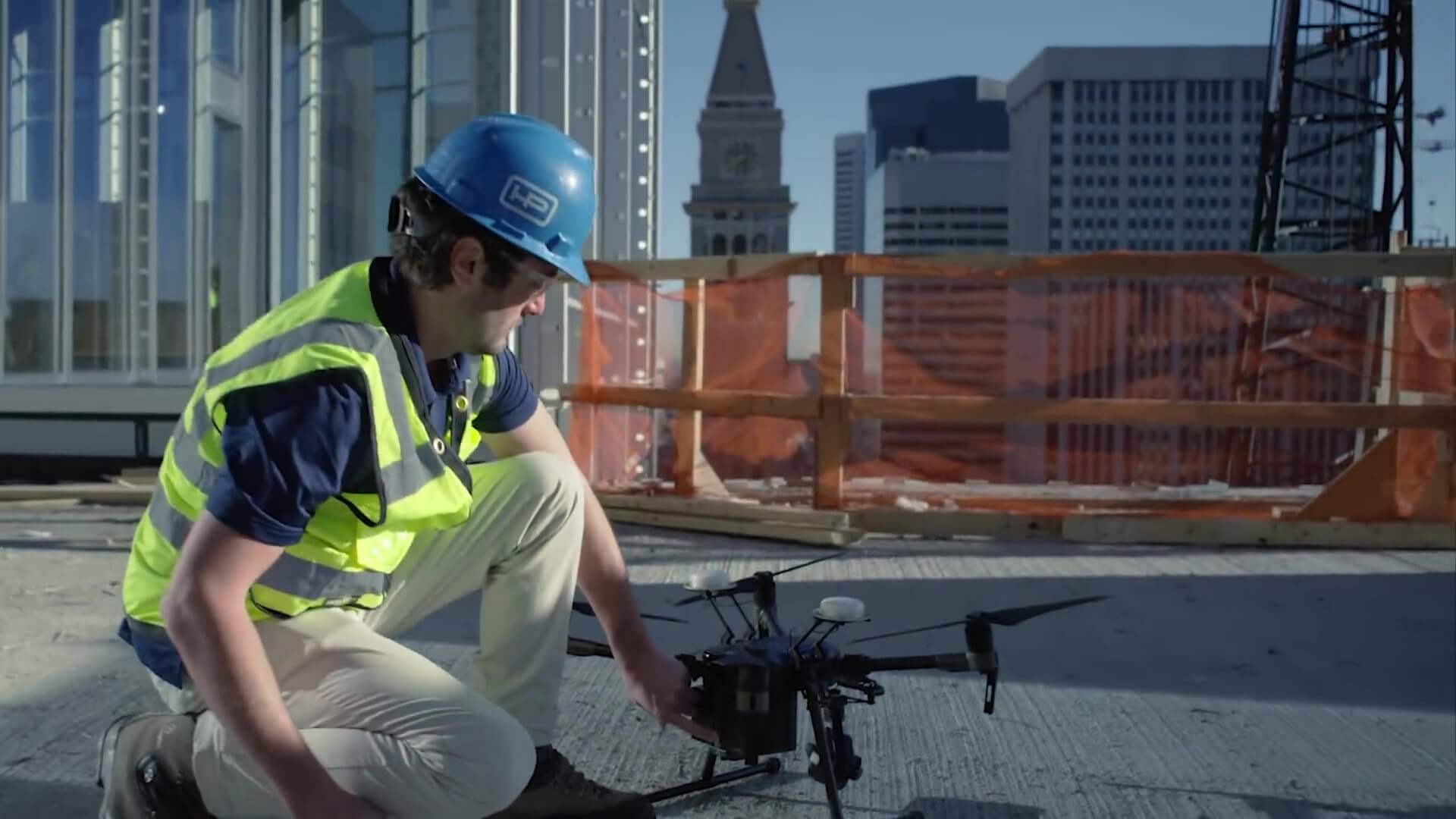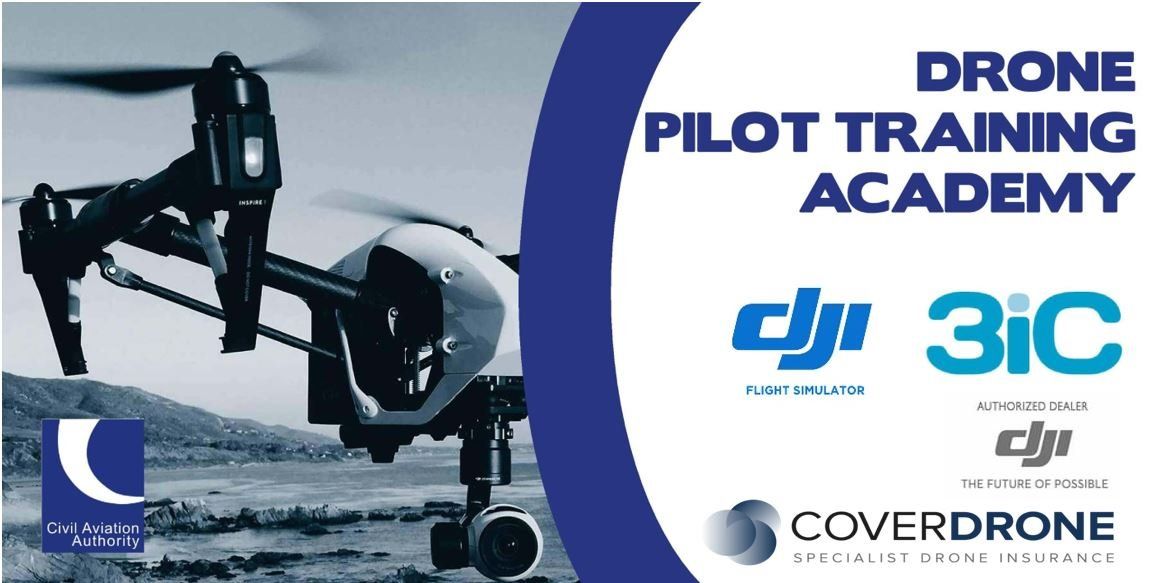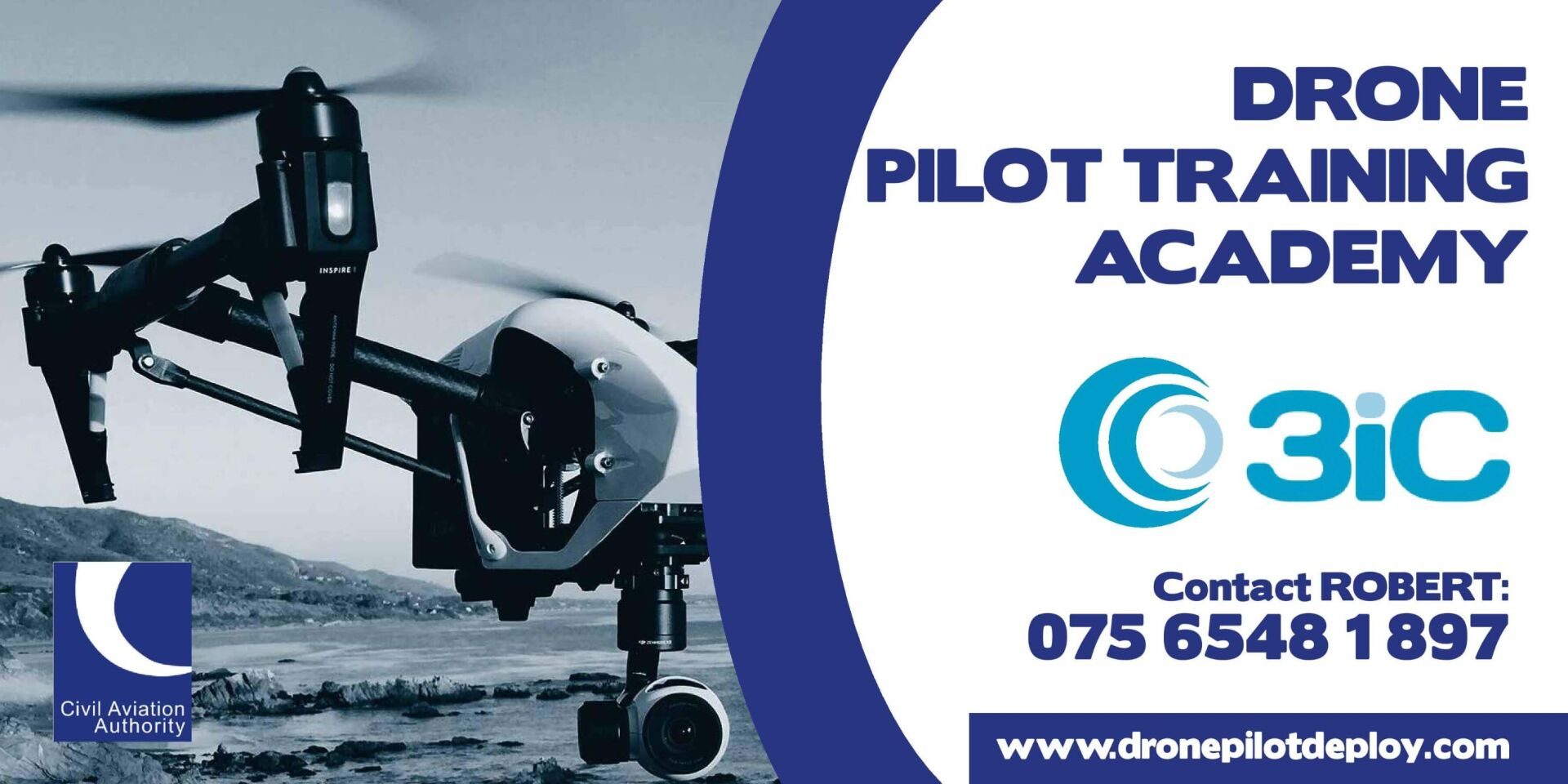If you’re looking to hire a drone operator for the first time, it can feel a little confusing when you start to look into it.
Robert Dobbin • October 8, 2019
This is a subtitle for your new post

As you read through articles online, you will see a lot of use of specialist terminology and acronyms and also mention of forthcoming changes in the law that can leave you wondering whether a UAV is the right (and legal) solution for you. So, here are the guidelines on drone usage straight form the horse’s mouth as it were.
Commercial Pilots Only
Drone pilots are divided into two categories
Commercial Operators
Amateur Flyers
If you are looking to hire a drone company to carry out work on your behalf, you need to use a commercial operator by law. Your friend who likes to fly drones as a hobby flyer isn’t legally allowed to use their drone for what is called ‘commercial gain’ so they can’t fly for money or other reward. To do so, would be breaking the law for them and you are potentially facing the safety risk of someone flying without the proper training.
How do I know who is a Legal Pilot?
Commercial UAV operators have to pass a series of theoretical and practical exams, complete a detailed Operations Manual laying out all of their procedures for safe working. They then apply to the CAA who inspect all this material and if they find it satisfactory then they will be granted a Permission for Commercial Operation (PfCO) which needs to be renewed annually.
So a commercial operator will be able to show you their PfCO and insurance certificates but if you want to check that they are valid, you can visit the CAA website to check for yourself. You will need to know the name that they are registered under as it could be their name or business name. It’s not rude to check, in fact we recommend it and it is an essential part of your due diligence!


